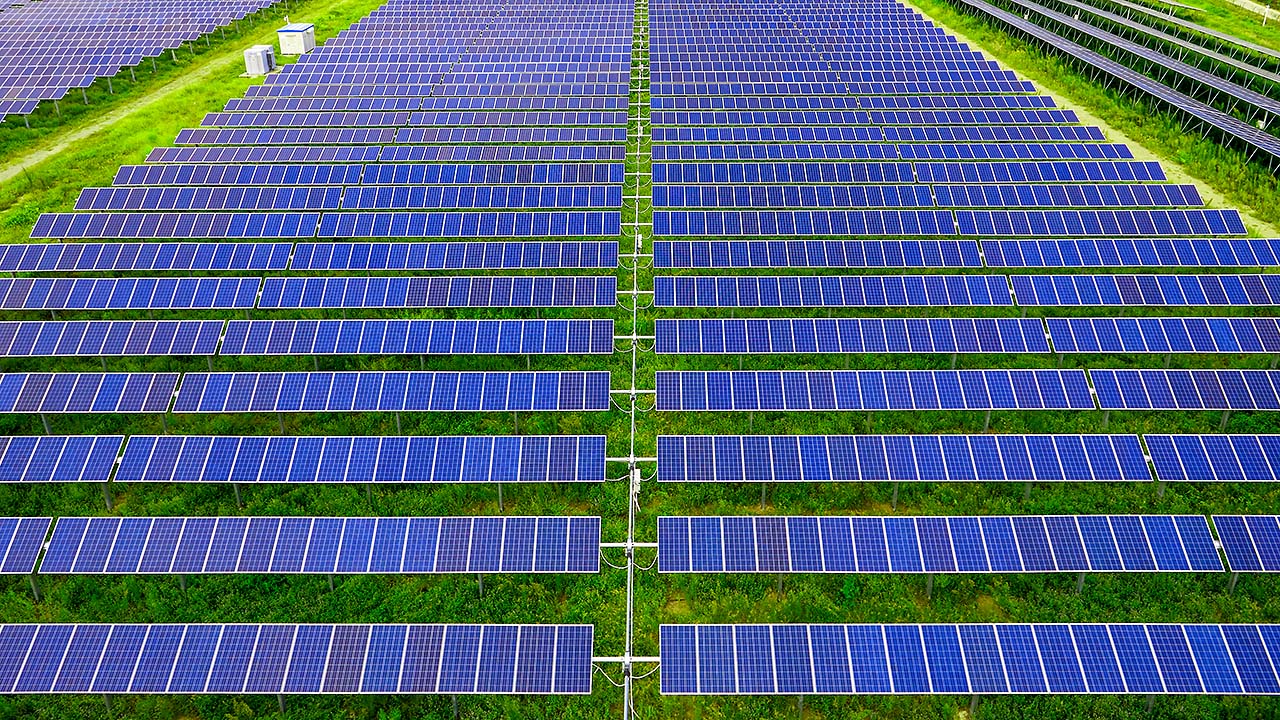Solar Farm at Transfer Station Proposed

jeson/Adobe Stock
The cap on the old landfill where the transfer station now operates may soon become a source of revenue for the town.
The Board of Selectmen voted to advance a plan to lease the space to a company that will install solar panels, sell the generated energy to Eversource, and pay Weston $21,700 a year in rent.
The board voted on February 1 to refer the matter to the Planning and Zoning Commission. Assuming the commission finds it an appropriate use of town-owned property, the proposal would come back to the Selectmen for a public hearing and then be submitted to voters at a Special Town Meeting, as required by the Town Charter.
The project is part of the state’s Non-Residential Solar Renewable Energy Solutions Program, hereafter NRES. The program, aimed at fostering development of the state’s renewable energy industry, is under the auspices of the Public Utilities Regulatory Authority (PURA) and administered by the relevant utility companies.
Competitive bidding
Twice a year, Eversource holds an auction where companies bid to have projects approved for the NRES program, competing mainly on how little they are willing to charge Eversource for the power their solar farms produce.
However, projects in distressed communities get a scoring advantage, and so do those that would be located on brownfields — land that is unused or unusable due to possible contamination, like the capped area at the transfer station.
The project has been shepherded so far by Titan Energy, a Hartford-based energy broker and consulting firm engaged by the Connecticut Conference of Municipalities and made available to the Town. Construction and operation of the facility, if approved, would be done by Greenskies Clean Energy, a North Haven firm.
There is no cost to the town to build the facility or maintain it. The lease term is 20 years, and the rent will be fixed throughout that period.
If voters consent, a number of inspections, permits, and approvals will also be required, a key one from the Department of Energy and Environmental Protection (DEEP) to ensure the integrity of the landfill cap. An engineer from Greenskies told the Selectmen that the system will be mounted on ballasted concrete atop the cap and will not penetrate it.
First Selectwoman Samantha Nestor said the project is being expedited in hopes that all engineering and approvals can be done in time for Greenskies to return to the Selectmen in early summer and start work shortly thereafter, a process that will take two months. P&Z is the first stop, in the first week of March.
